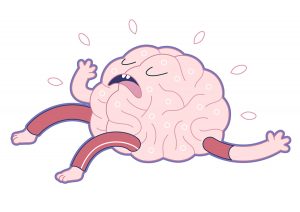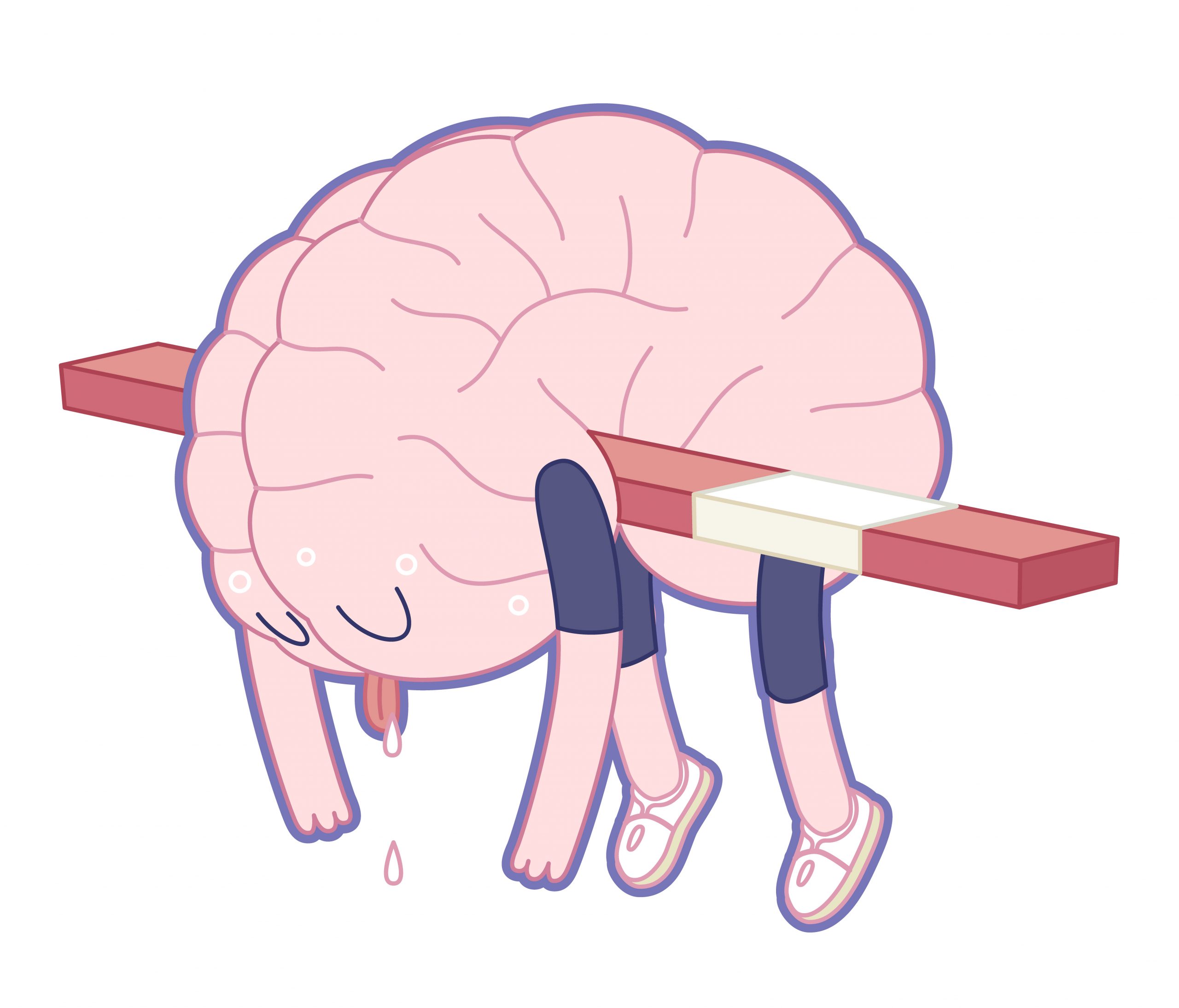Scientists conducted an interesting experiment.
Somewhere here our brain thinks: do I need it? In other words, it weighs the significance of the task and the amount of effort required to complete it. These areas are called the striatum because gray and white matter runs in stripes.

And there, in particular, there is a small area – the nucleus accumbens. Here in it, including pleasure, and fear, and anger are born. But the most interesting thing in this case is that there is such a thing as the creation of motivational significance. That is, it decides why it is worth doing something, what a person will have from this, what is good about it. There is a stimulus, a desire. And vice versa, why should this be avoided, what is wrong with it. There is dislike.
Neuroscientists from Oxford and Birmingham as a result of a recent study came to the conclusion that motivation https://en.wikipedia.org/wiki/Motivation changes depending on the physical state of a person, the brain overestimates the pros and cons in a state of fatigue.
They did this experiment. They gathered 36 people and gave them dynamometers (devices for athletes that measure the force of compression). The participants were given a choice: they can squeeze for three seconds and, depending on the effort, get from six to ten “credits”, or they can just rest for these seconds and get one “credit” for this. A bit like unemployment benefits. It is noteworthy that if a person agreed to work, then he must work in accordance with the assigned salary, if he does not cope, he receives zero. In general, as in life. And so more than 200 times.
What happened? That the brain signals two different types of fatigue. The first is short-term, recoverable. That is, we take a couple of “weekends” – and in order, we are back in shape. But over time, another fatigue accumulates – “irrecoverable”, long-term. This is when weekends or even vacations no longer help. And in this situation, it turns out that a “revaluation of values” takes place in the brain – what until recently seemed the most desirable, gradually loses its luster. The striatum decides that the expected result is not worth the work required for it. And the person refuses to work even for the highest reward.



